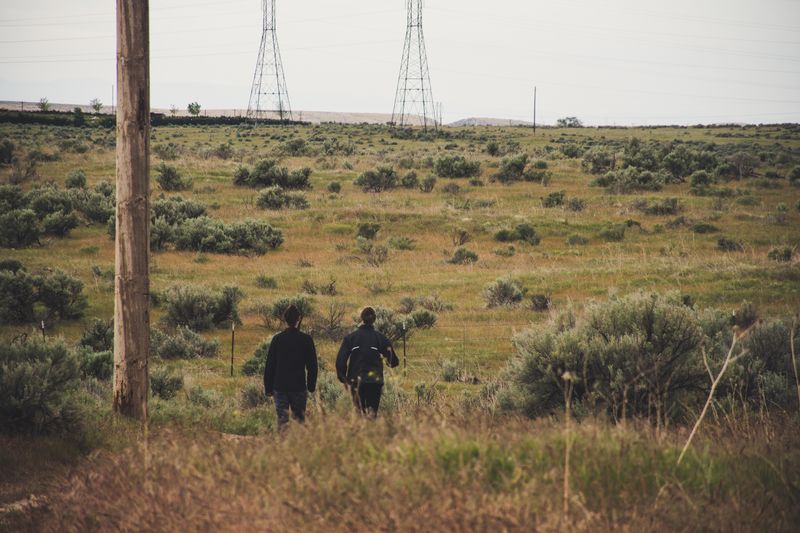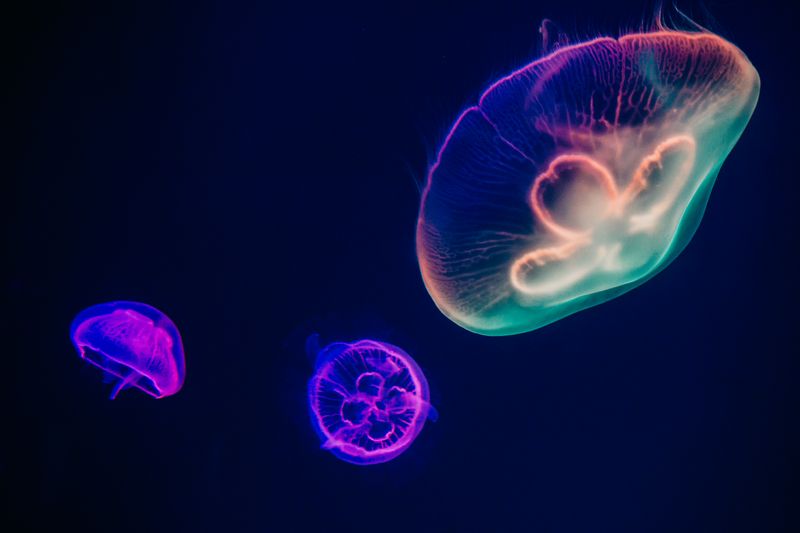Tragic Whale Stranding in Albany, Western Australia
Overview
Over half of a pod of nearly 100 pilot whales that beached themselves off the southern coast of Western Australia have tragically died. The whales were initially spotted floating in an unusual cluster about 150 meters off Cheynes Beach in Albany before becoming stranded on Tuesday afternoon. Despite the efforts of rescuers and volunteers, 51 whales lost their lives overnight, leaving 46 still alive. Parks and Wildlife Service personnel, along with registered volunteers and other organizations, are working tirelessly to return the remaining whales to deeper water. The situation is ongoing, and members of the public are urged to stay away from the beach for safety reasons.
Unusual Behavior
Drone footage taken by a local caravan park owner, Joanne Marsh, captured the odd clustering of the pilot whales. This behavior was deemed unusual as long-finned pilot whales are typically open-ocean species and are not commonly found close to the shore. The whales appeared tightly grouped together and displayed signs of stress. According to Minderoo Foundation researcher Dr. Rebecca Wellard, the behavior is unlikely to be a defensive mechanism. She noted that long-finned pilot whales are known to live in complex social family groups and may strand in mass numbers due to a variety of reasons that are still unknown to scientists.
Philosophical Discussion
The tragic mass stranding of these pilot whales raises key questions about the nature of human intervention and our role in the natural world. While our instinct may be to save these magnificent creatures, it is crucial to consider the impact of our actions. The pod of pilot whales has a complex social structure, and their strong family bonds may contribute to mass strandings. What may appear as a distressful situation to us may have a natural explanation within their behavioral patterns. It is crucial for scientists and researchers to study and understand these patterns before implementing any intervention.
Conservation Efforts
When a stranding occurs, there is only a short window of opportunity to intervene and increase the chances of survival for stranded whales. The longer they remain on the sand, the lower their chances of survival. The Parks and Wildlife Service, along with dedicated volunteers, are doing their utmost to rescue and return the remaining whales to deeper water. These collaborative efforts should be commended, as they demonstrate the compassion and care Australians have for their unique wildlife. However, it should also serve as a reminder that conservation efforts should focus on understanding the underlying causes of these mass strandings and finding ways to mitigate them before they occur.
Public Responsiblity
As the situation unfolds, WA Premier Roger Cook has urged members of the public to stay away from Cheynes Beach. This appeal is important to ensure the safety of both the stranded whales and those involved in the rescue efforts. Public curiosity and interference can disrupt the natural processes that are occurring, potentially leading to further harm to the whales or impeding the rescue attempts. It is crucial for individuals to respect the expertise and guidance of the professionals working on the ground.
In conclusion, the mass beaching of pilot whales in Albany is a tragic event that highlights the complexities of our relationship with the natural world. While conservation efforts are essential, they must be guided by a deep understanding of the species’ behavior and ecological dynamics. As Australians, we have a responsibility to preserve and protect our unique wildlife, and supporting ongoing research and conservation initiatives will contribute to the long-term survival of these remarkable creatures.

<< photo by Brett Sayles >>
The image is for illustrative purposes only and does not depict the actual situation.




